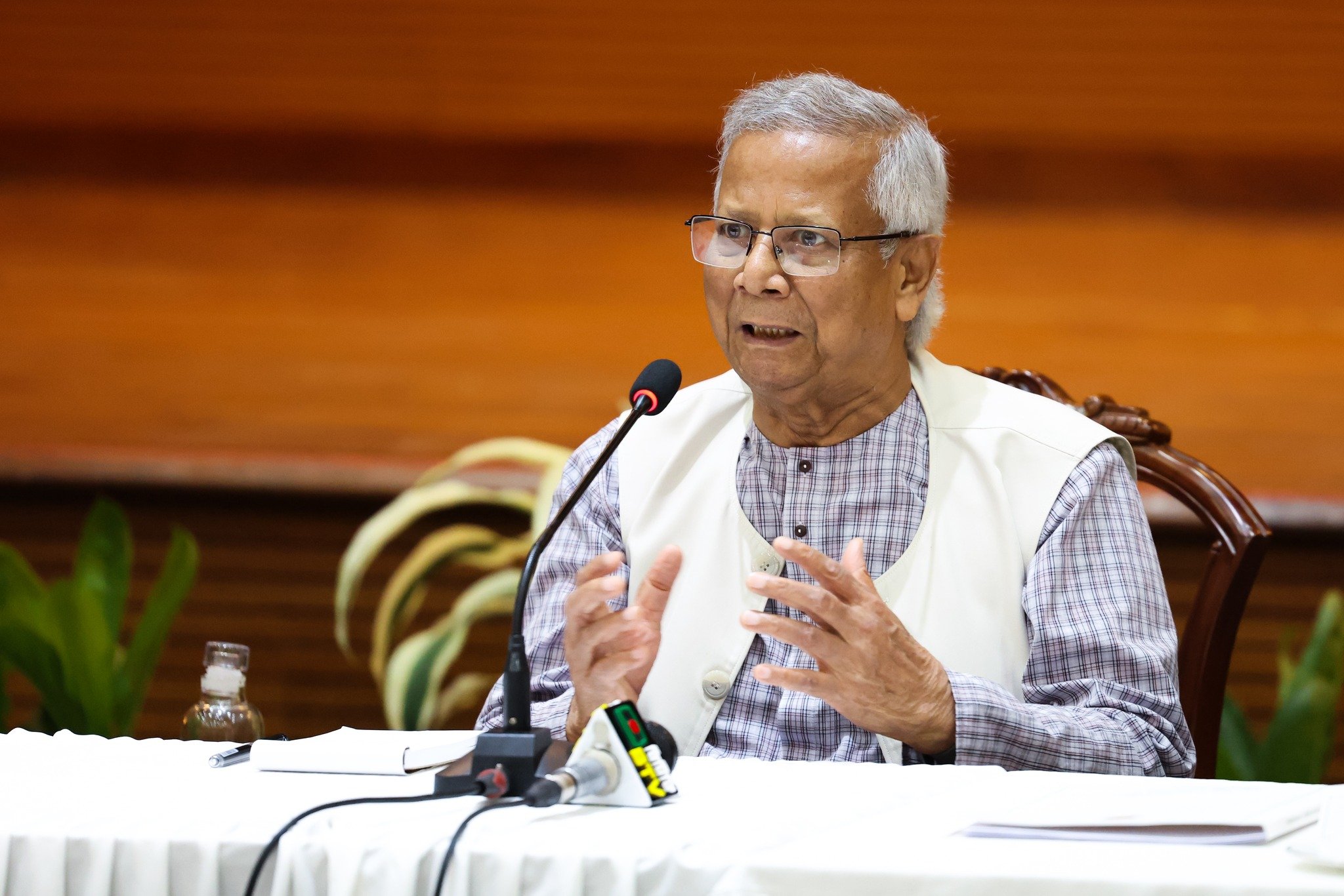
DHAKA, June 2, 2025 (BSS) - Chief Adviser Professor Muhammad Yunus today stressed maintaining firm national unity to find a path of prosperity for the nation.
"Let us make our unity firm...so that we can find a path ahead and we can move forward strongly," he said in his closing remarks at a dialogue of the National Consensus Commission at the Foreign Service Academy here this evening.
The Chief Adviser said, as this is a meeting of the National Consensus Commission, its main aim is to maintain unity.
"I listen to your advice on how the unity could be maintained and strengthened," he said.
Prof Yunus said the dialogue will continue with political parties so that the July Charter, which will be announced as per the aspiration of the July uprising, could be enriched and the nation can see - "on which issues we have reached consensus".
Earlier in the afternoon, Prof Yunus in his opening speech said the July Charter will be announced by reaching consensus with all political parties.
"We all have gathered here today for the welfare of the country...we hope that we will be able to prepare a very beautiful July Charter by reaching consensus with all political parties," he said.
The Chief Adviser said the government hopes that it will be able to proclaim the July Charter minimising distance among the political parties.
Prof Yunus, also the chairman of the commission, said he is very happy to see that representatives from different political parties joined the dialogue aiming to reach a national consensus.
Commission vice-chairman Prof Ali Riaz said the commission continues its effort to announce the July Charter in July next as the tenure of the commission will conclude in August of 2025.
"We must succeed in performing the holy responsibility bestowed us," he said.
The second round of dialogue of the National Consensus Commission with the political parties began today at the Foreign Service Academy with Chief Adviser Prof Yunus in the chair.
Representatives from different political parties and stakeholders involved in the reform process joined the dialogue.
The commission was formed to review and finalise recommendations submitted by five key reform commissions on constitution, judiciary, electoral system, public administration, and the Anti-Corruption Commission.
The first round of talks, held between February 15 and May 19, involved meetings with 33 political parties.